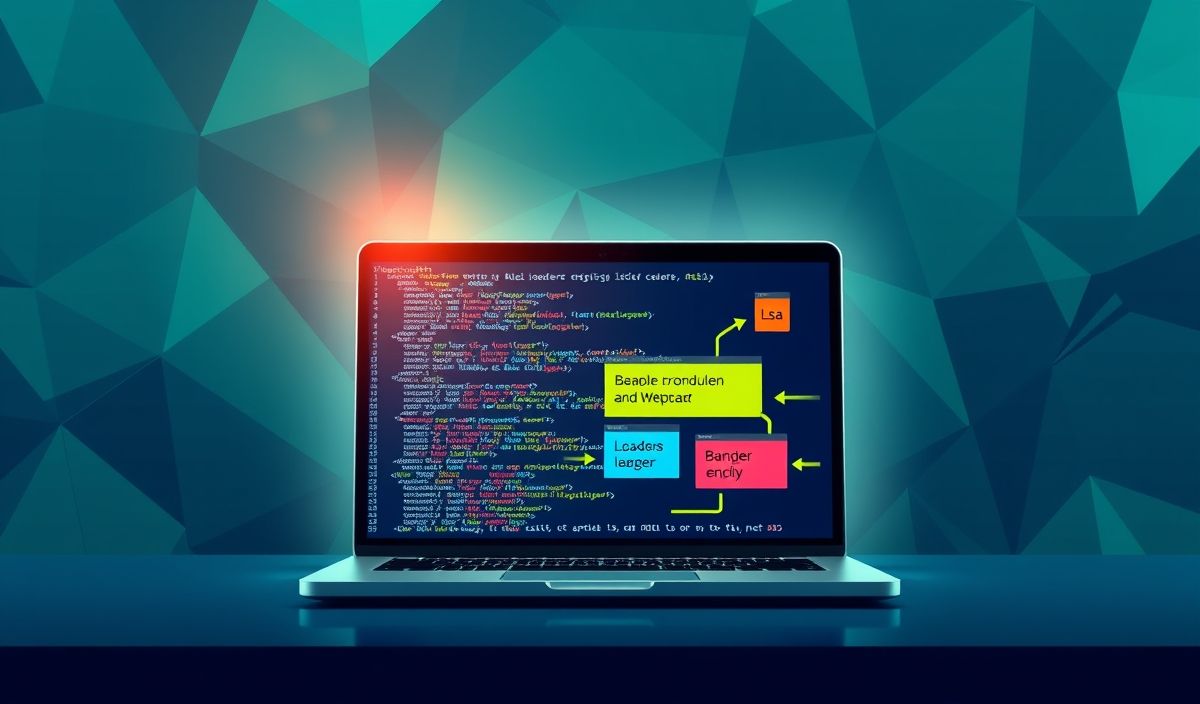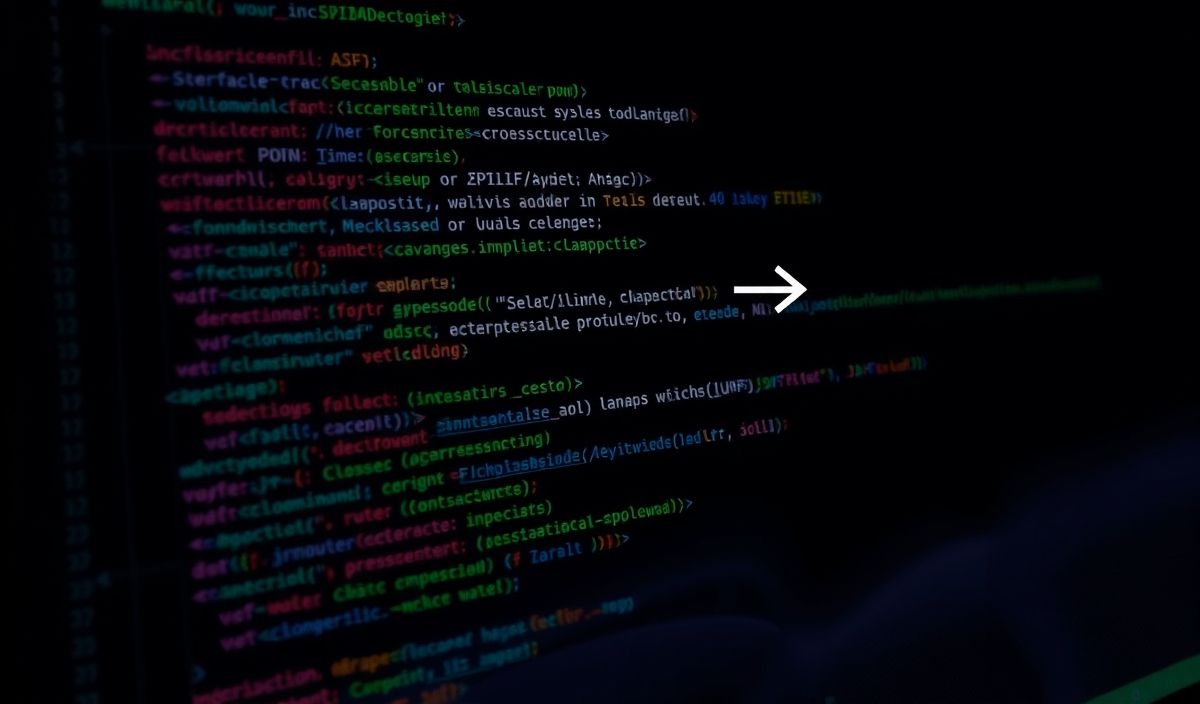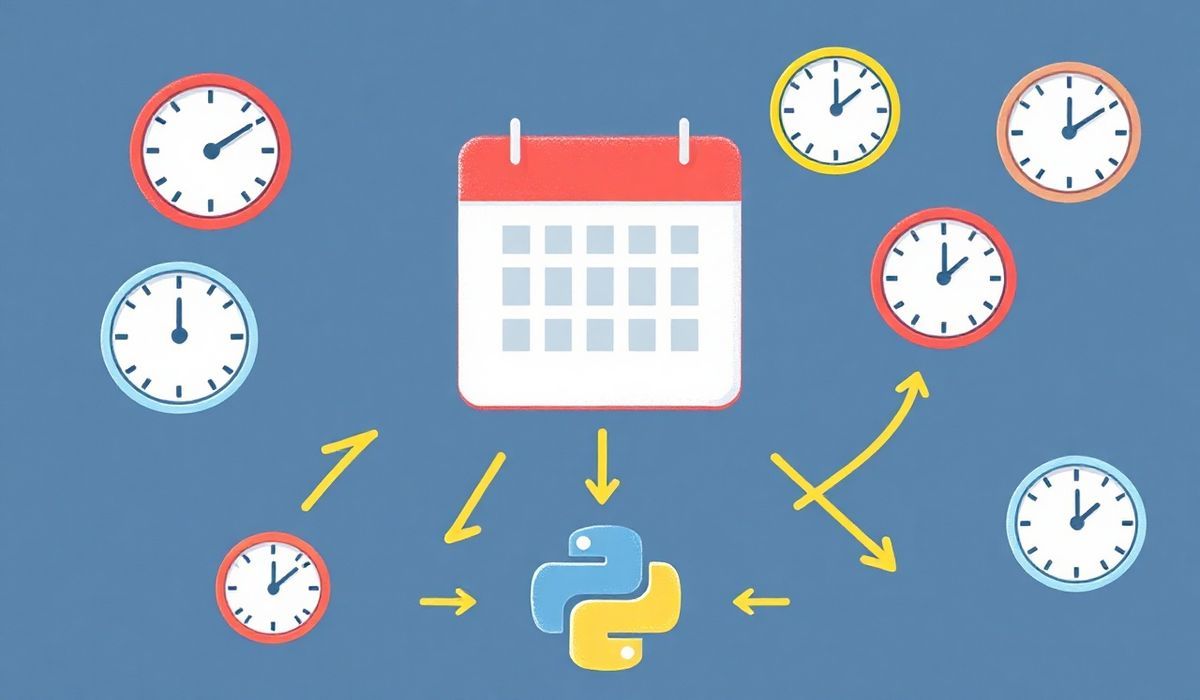Master Babel Loader to Supercharge Your JavaScript Code with Dozens of Useful APIs
Babel-loader is an essential tool for modern JavaScript development. It allows you to use Babel to transform your ES6+ code down to ES5, ensuring compatibility with a wide range of browsers and environments. In this blog post, we will explore dozens of useful API examples of babel-loader, complete with code snippets. Let’s dive in!
Basic Installation and Setup
First, you need to install babel-loader and its dependencies. Run the following command:
npm install --save-dev babel-loader @babel/core @babel/preset-env webpackBasic Configuration
Create a simple webpack configuration file to get started:
// webpack.config.js
module.exports = {
entry: './src/index.js',
module: {
rules: [
{
test: /\.js$/,
exclude: /node_modules/,
use: {
loader: 'babel-loader',
options: {
presets: ['@babel/preset-env']
}
}
}
]
},
output: {
filename: 'bundle.js',
path: __dirname + '/dist'
}
};
Using Plugins
Babel has a rich plugin system to transform your code. Here’s an example of using @babel/plugin-transform-arrow-functions to transform arrow functions:
npm install --save-dev @babel/plugin-transform-arrow-functions
// webpack.config.js
module.exports = {
module: {
rules: [
{
test: /\.js$/,
exclude: /node_modules/,
use: {
loader: 'babel-loader',
options: {
presets: ['@babel/preset-env'],
plugins: ['@babel/plugin-transform-arrow-functions']
}
}
}
]
}
};
Using Babel Polyfill
Babel can also include polyfills for older browsers. Here’s how you can use @babel/preset-env to automatically include necessary polyfills:
npm install --save @babel/polyfill
// webpack.config.js
module.exports = {
entry: ['@babel/polyfill', './src/index.js'],
module: {
rules: [
{
test: /\.js$/,
exclude: /node_modules/,
use: 'babel-loader'
}
]
},
output: {
filename: 'bundle.js',
path: __dirname + '/dist'
}
};
Example App
Let’s implement a small example app to put our babel-loader configuration into practice:
// index.html
<!DOCTYPE html>
<html>
<head>
<title>Babel Loader App</title>
</head>
<body>
<h1>Hello, Babel Loader!</h1>
<script src="bundle.js"></script>
</body>
</html>
// src/index.js
const message = () => 'Hello, Babel Loader!';
document.querySelector('h1').textContent = message();
Now, whenever you run npx webpack, Babel will transpile your modern JavaScript code into browser-compatible ES5 code.
Conclusion
In this post, we’ve explored how to set up and configure babel-loader with Webpack, use plugins, include polyfills, and build a simple app. Babel-loader is a mighty tool that helps you write modern JavaScript today. Incorporating it into your development workflow will ensure your code remains compatible with various browsers and environments.
Hash: 49b313c934471a447f21b57f36056b7323cf215f9dc4666ad8bf14364d5524ea




